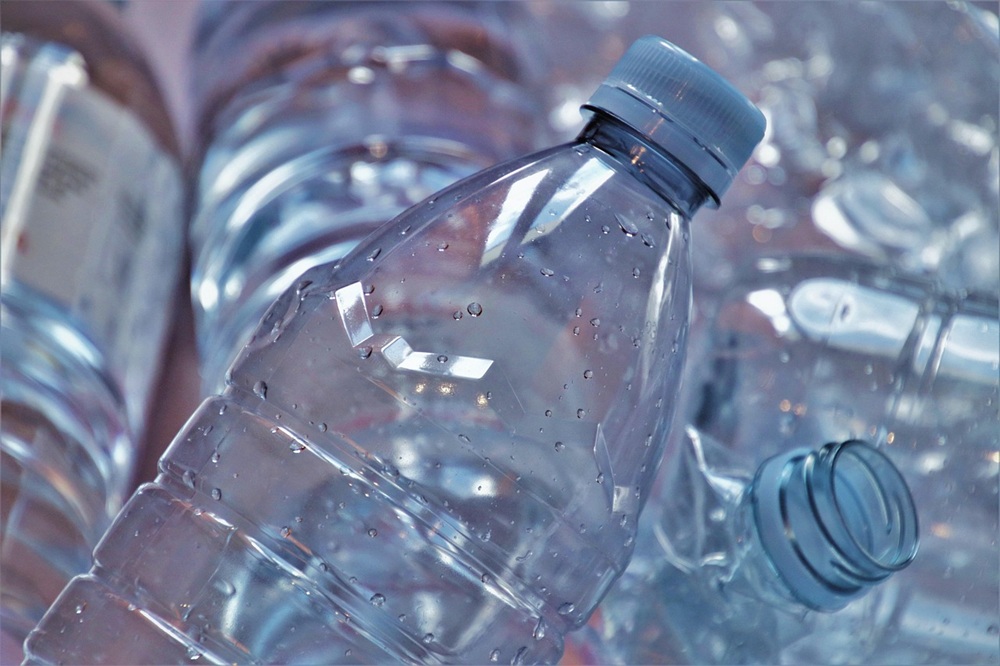Europe’s plastic recycling industry is facing its toughest challenge yet, as plants shut down across the continent and investment stalls.
In the UK, waste management company Biffa closed its £7m Sunderland plant earlier this year, joining rival Viridor, which has shut three sites since 2022. But the crisis is far wider. Across Europe, the domino effect continues — Veolia will close two German plants, and seven Dutch recyclers have already gone under.
Industry group Plastic Recyclers Europe warns that nearly one million tonnes of recycling capacity have disappeared since 2023. High energy and labour costs, plus cheaper plastic imports from Asia, are making European operations unprofitable.
“Without decisive political action, Europe will replace its recycling industry with dependency on unsustainable imports,” the group said.
Major firms Borealis, Dow, and Neste have scrapped plans to build new recycling facilities in Europe, raising concerns about the continent’s climate and economic resilience.
In Brussels, Virginia Janssens of Plastics Europe warned that business could permanently shift elsewhere. “If those big production plans are built somewhere else, they won’t come back,” she said.
Some see hope in innovation. London-based Plastic Energy runs successful recycling plants in Spain, France, and the Netherlands, converting waste into usable oil. Enviroo plans a £58m facility in north-west England to recycle PET bottles.
Yet experts warn time is short. Unless Europe acts soon, it risks losing its recycling industry, increasing landfill use, and falling behind in the global green economy.
